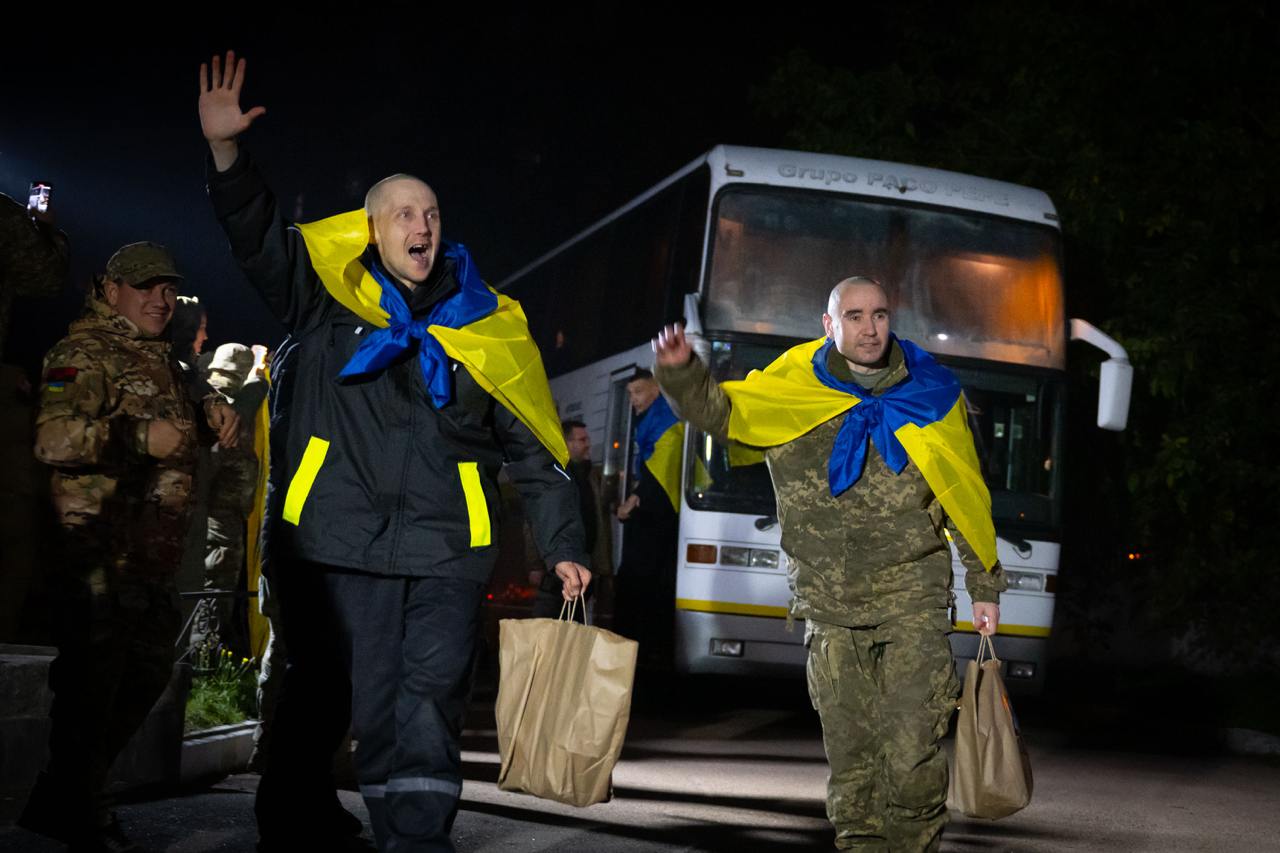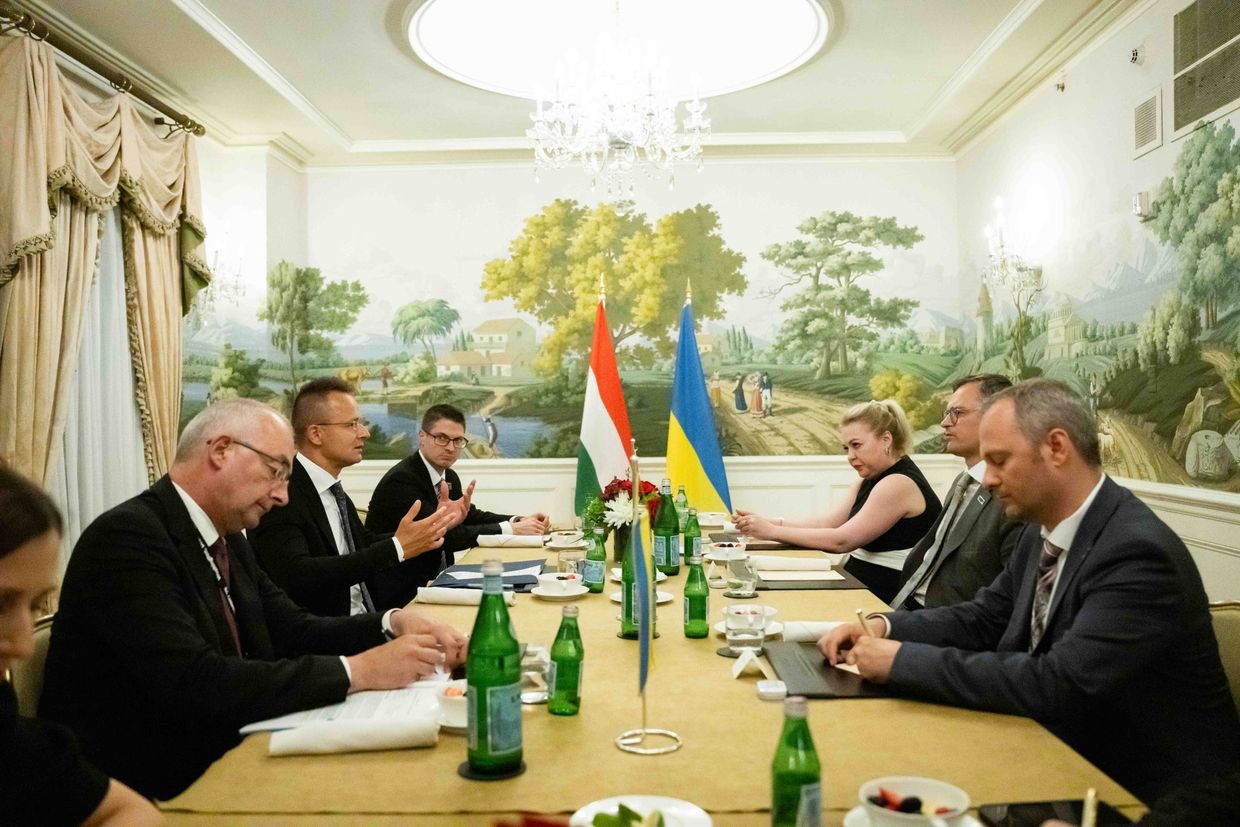President Volodymyr Zelensky has "forcefully but politely" rejected a call from Hungarian Prime Minister Viktor Orbán to discuss a Christmas ceasefire, Hungarian Foreign Minister Péter Szijjártó claimed on Dec. 15.
He said that Hungary had proposed organizing a telephone conversation between Zelensky and Orban on the issue but Zelensky had not accepted the proposal. Zelensky's spokesman Serhiy Nikiforov did not respond to a request for comment.
Hungary has maintained close economic and diplomatic relations with Moscow despite Russia's full-scale invasion of Ukraine. It has repeatedly criticized EU sanctions against Russia and obstructed efforts to provide military aid to Kyiv.
Szijjártó, quoted by Hungarian news agency MTI, said that the Hungarian peace mission had "tried everything in the past six months" in connection with a proposed Christmas ceasefire and prisoner exchange in Ukraine.
"Christmas is approaching, and when we talk about Christmas, peace gets special emphasis, which is why Hungarian diplomacy - with the prime minister surely taking the lead - took some serious steps recently in order to improve the situation for people living in the affected area, even before the war finally ends," he first said to MTI on Dec 13.
"We have therefore proposed a Christmas ceasefire and a large exchange of prisoners, so that more people can celebrate Christmas at home and in peace even in that part of the world."
The foreign minister said that the Hungarian government presented this proposal to Russian President Vladimir Putin and and to several Russian government officials who allegedly demonstrated "an openness to considering the proposal and carrying out the related talks."
Szijjártó, however, explained on Dec. 15 that Zelensky had, "in a gesture that is quite unprecedented in diplomacy, forcefully but politely refused the opportunity to negotiate."
"There is an offer on the table that has not been comparable in the past thousand days. It is not up to Hungary whether both parties consider and accept this offer. One party has considered it and finds it suitable for acceptance, but the other party has taken a position of rejection," he stated.
Szijjártó's statement follows a parallel one by the Hungarian Head of the Prime Minister's Office Gergely Gulyas. He said on Dec. 12 that Hungary would not give up the goal of a cease-fire, "even though the current Ukrainian government is apparently uncertain about the issue of war and peace, at least until the new U.S. president takes office."
This topic has been in the spotlight since Hungarian Prime Minister Orbán said on his X profile on Dec. 11 that Budapest had proposed a ceasefire.
"It's sad that President Zelensky clearly rejected and ruled out this today," he said. "We did what we could!"
But Dmytro Lytvyn, an advisor for Zelensky, told Suspline that denied the claim that Orban had approached Ukraine with his ceasefire and prisoner exchange proposal.
Gulyás mentioned on Dec. 12 that Orbán had met with Pope Francis in the Vatican and President-elect Donald Trump in Florida, as well as held phone conversations with Russian President Vladimir Putin and Turkish President Recep Tayyip Erdoğan, but he made no reference to any talks with Zelensky.















